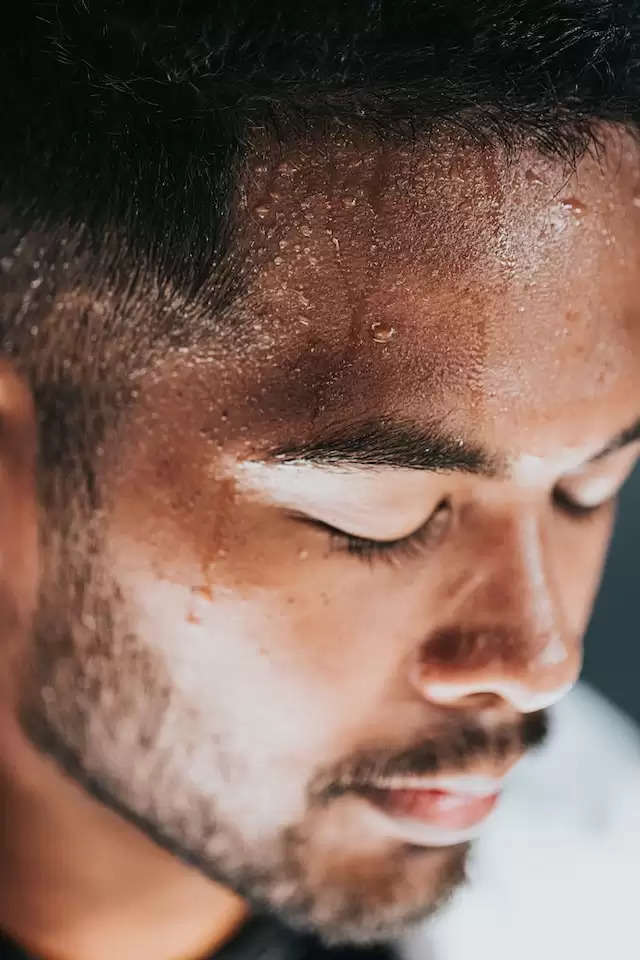You Could Be Dehydrated: 6 Unusual Signs Often Ignored

Scorching heat of summer has us all reaching out for water every now and then. However, little do we know when we are dehydrated, and it is not just the urge to quench our thirst, but some unusual signs that are often ignored.
As per John Higgins, MD, a professor of medicine at the University of Texas in Houston and the chief of cardiology at Lyndon B. Johnson General Hospital, there are six unusual signs our body is giving out when we are dehydrated, that means loss of fluid and electrolytes.
Let us discover it all.
Bad Breath
When our body is dehydrated it lowers the ability to make ample saliva. Our saliva contains antibacterial properties, without proper amount of saliva the bacterial overgrowth happens within the mouth and the side effect is bad breath. Same goes for morning breath and dry mouth after waking up.
The solution is to keep hydrating yourself to avoid bad breath and dehydration.
Dry or Flushed Skin
When you experience dry skin that too is a sign of dehydration. Skin loses its elasticity, easy way to check is to pinch your skin and see how quickly it retracts back to normal or does it remain tented?
Another sign you are dehydrated is when your skin looks flushed.
Muscle Cramps
Losing ample fluid robs the body of its ability of thermal reset or it is ability to cool off during hot weathers. The side effect is muscle cramps, people often experience it during exercise in hot weather.
When the body heat rises the individual is more likely to experience muscle cramps, this is the heat effect on the body.
Changes in the levels of electrolytes like sodium, magnesium and potassium also leads to muscle cramps.
The best way is to rehydrates with electrolyte sports drink that may help muscle cramps.
Fever and Chills
Excessive sweating with a feeling of cold are signs of heat exhaustion as per Centers for Disease Control and Prevention (CDC).
Fever makes dehydration worse. High fever leads to sever dehydration unless the body temperature is bought back to normal or made to cool down immediately. Seek urgent medical help if the body temperature reaches 103 degrees F.
The best that can be done is to use ice pack or cool with wet cloth, and shifting yourself or the patient to a cool area until proper medical attention is available or medical help arrives.
For infants there are other signs of dehydration that may include:
- soft spot on the head
- No tears on crying
- Less or few wet diapers than usual
- Fever in infants / toddlers
Seek immediate help from pediatrician immediately.
Food Cravings
Craving for food every now and then is yet another sign of dehydration. Liver requires water for releasing glycogen or stored glucose and other components to be utilized for energy stores, when these are underactive, the individual starts craving for food more.
Cravings can be for salty food, chocolate bar, craving sweets or anything else, these are common symptoms of dehydration when the body is finding it difficult to break down glycogen for the purpose of releasing glucose in bloodstream for fuel purpose.
Headaches
Mild dehydration may be the reason you are getting a headache during summers. Drinking glass full water and regularly sipping fluids throughout the day may help with easing pain. When this happens dehydration is the primary culprit.
Medical Disclaimer: The information and reference materials contained here are intended solely for the general information of the reader. Patients and consumers should review the information carefully with their professional health care provider. The information is not intended to replace medical advice offered by physicians. You should consult your physician before beginning a new diet, nutritional or fitness program. The publisher or its management do not claim responsibility of this information.
.jpg)
